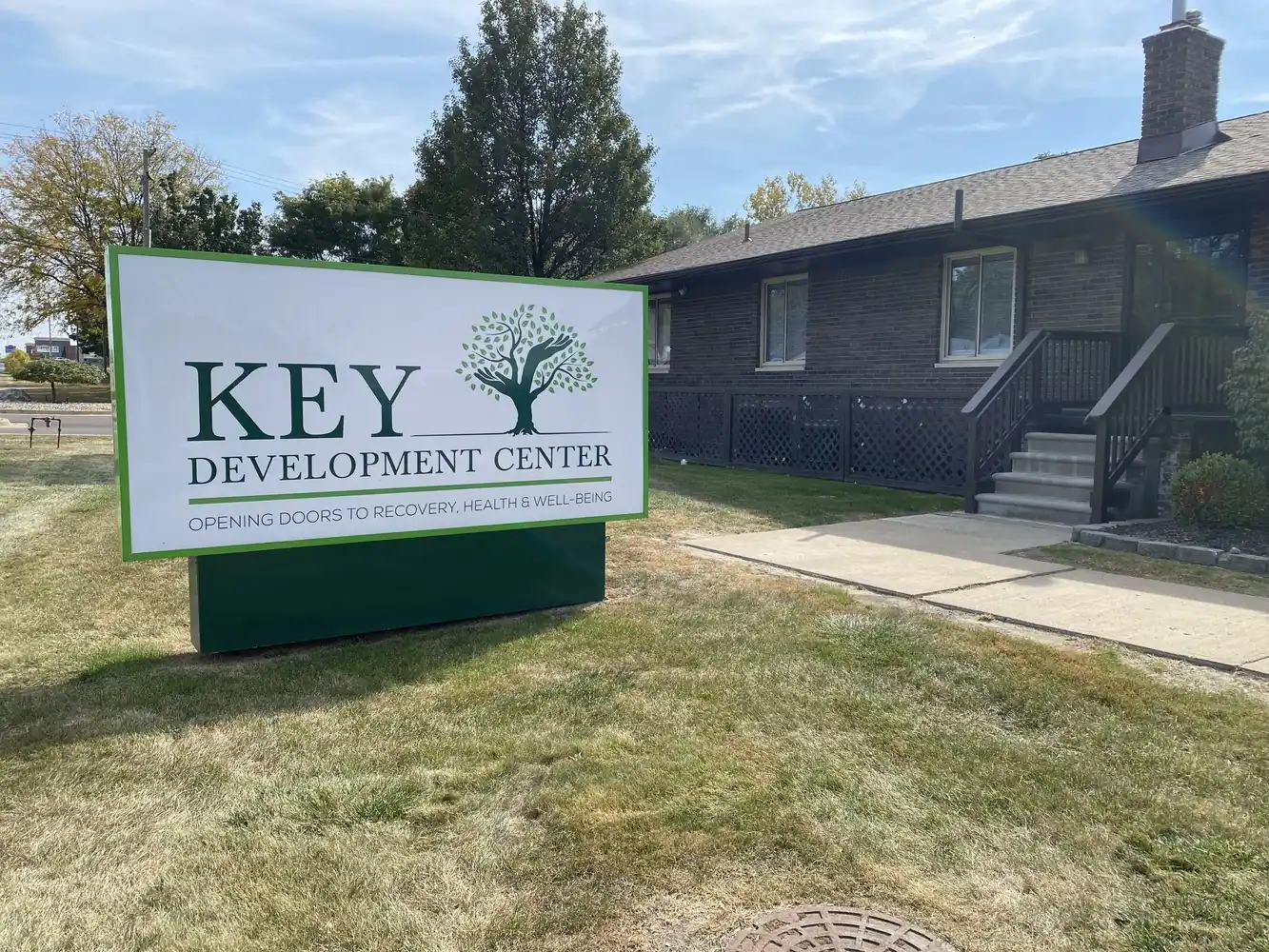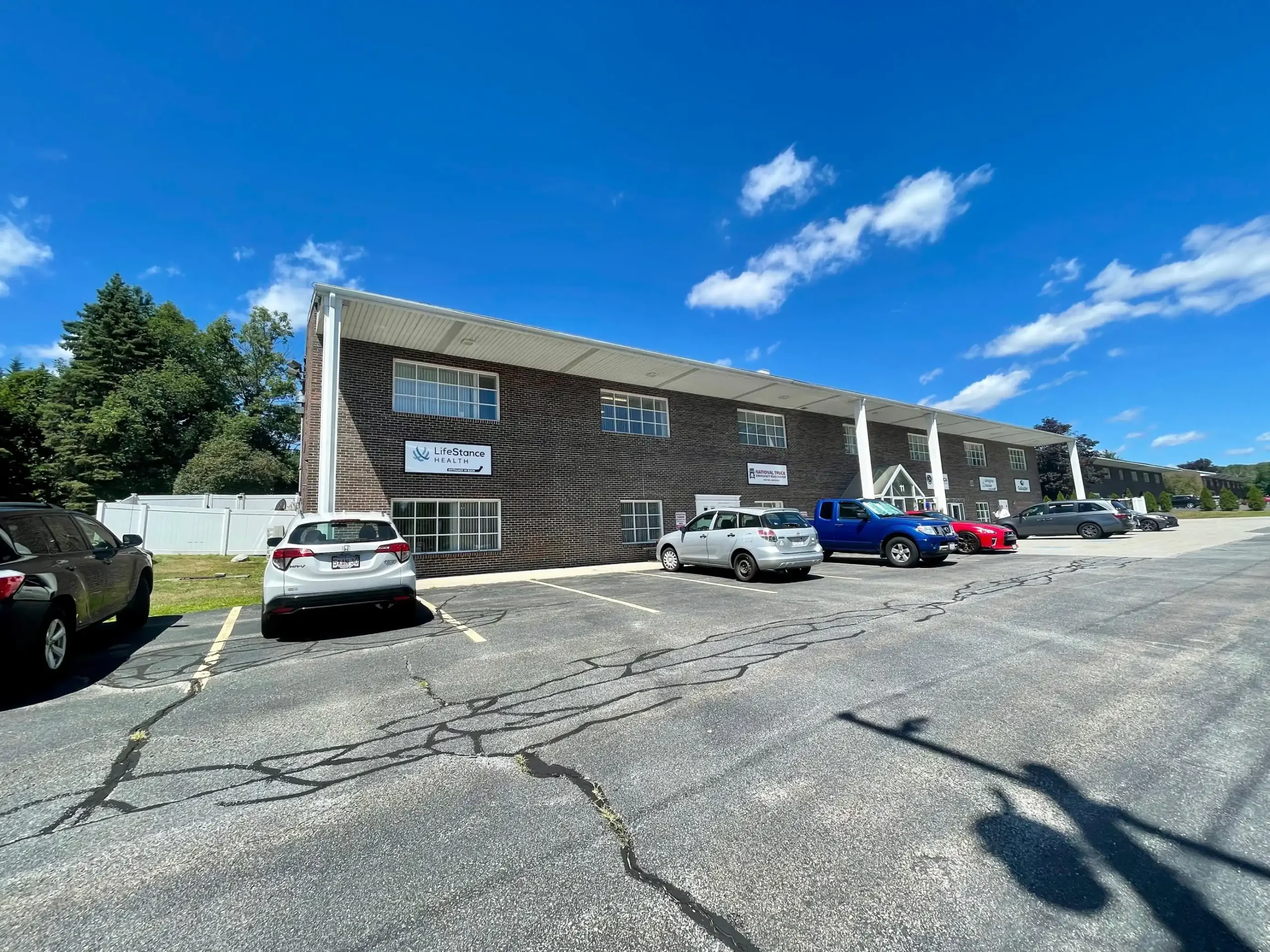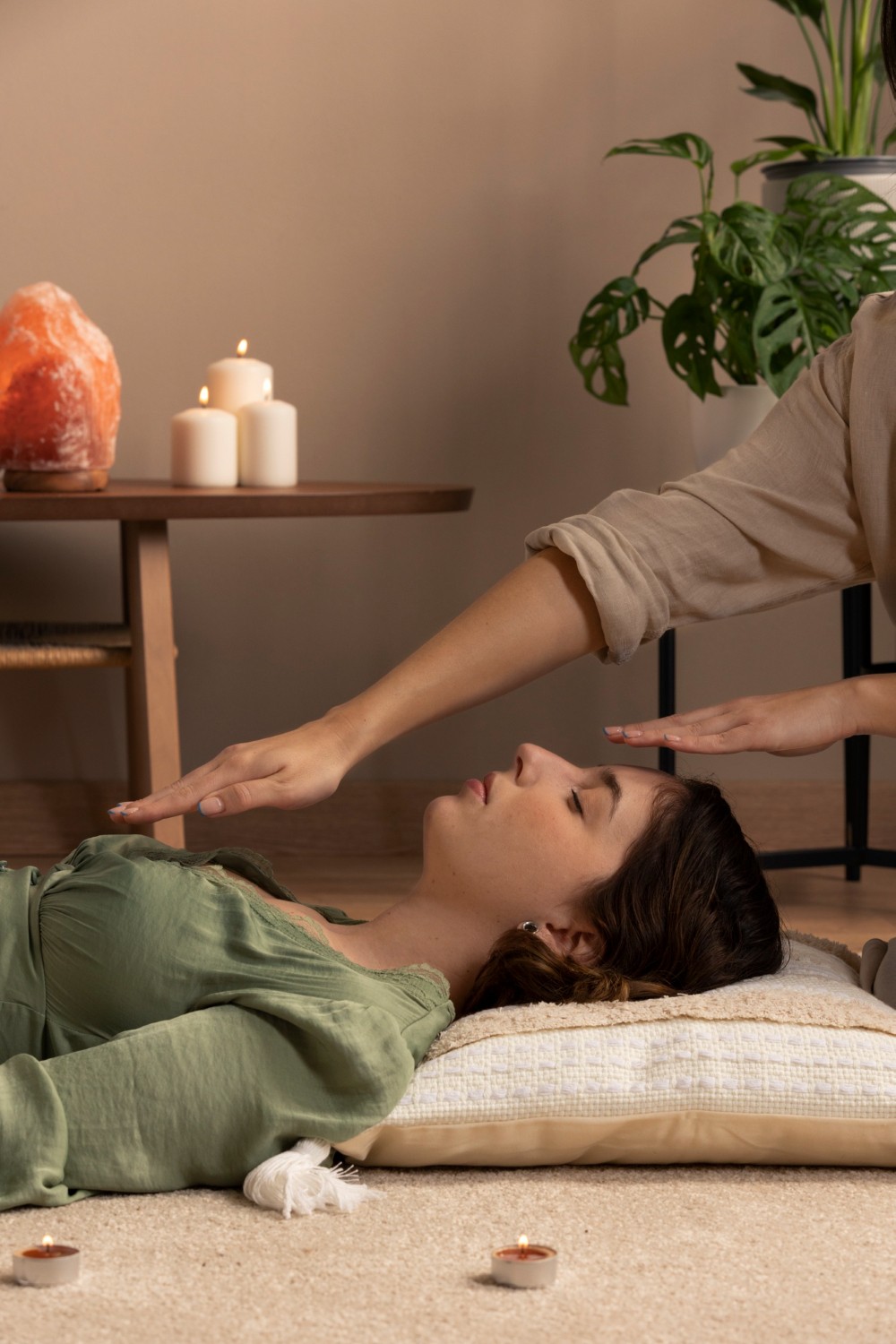Explore Physical & Psychological Recovery Topics
These pages help you understand what’s happening in your body, how it connects to emotional health, and what kind of care can actually help.
For many people, addiction and emotional distress don’t start with drugs or depression. They start with pain.
Chronic illness. Surgeries gone wrong. Medical trauma. Long-term medication use. All of these can create a complex spiral where your physical body is suffering, and your nervous system is overwhelmed trying to cope.
At TruPaths, we honor how deeply connected your body, brain, and emotions are. If you or a loved one has experienced years of pain, overmedication, or trauma from medical treatment, we’re here to guide you to the right recovery resources with warmth not judgment.
These pages help you understand what’s happening in your body, how it connects to emotional health, and what kind of care can actually help.



What gets overlooked can quietly shape everything
These topics are often dismissed or misunderstood by doctors, loved ones, and even some treatment providers. But they are deeply real and frequently at the core of long-term struggle. When left unaddressed, they can contribute to:
Growing up in a home where addiction was present often leads to emotional caretaking or people-pleasing.
A system stuck in survival mode may present as numbness, fatigue, or apathy.
Dysregulated nervous systems and deep emotional wounds can surface in ways that aren’t always easy to identify.
When people feel dismissed or harmed, it creates lasting barriers to seeking care and feeling safe with providers.
Whole-person recovery starts with care that addresses both the body and the mind
Healing doesn’t have to be overwhelming. TruPaths connects families and individuals with recovery programs that meet you where you are and help restore safety, strength, and dignity.

Support that addresses both physical discomfort and the emotional impact of long-term pain.
Integrated care for those managing both emotional distress and physical conditions.
Safe, compassionate withdrawal support for those affected by medication misuse or dependency.
Grounded approaches that calm the body and build inner resilience.
Recovery programs that restore hope, function, and self-trust.
Recommendations are based on your location and recovery needs, including the programs you've explored, the services you've saved, and the filters you've used. We use this information to highlight similar treatment options so you never miss a trusted path forward.